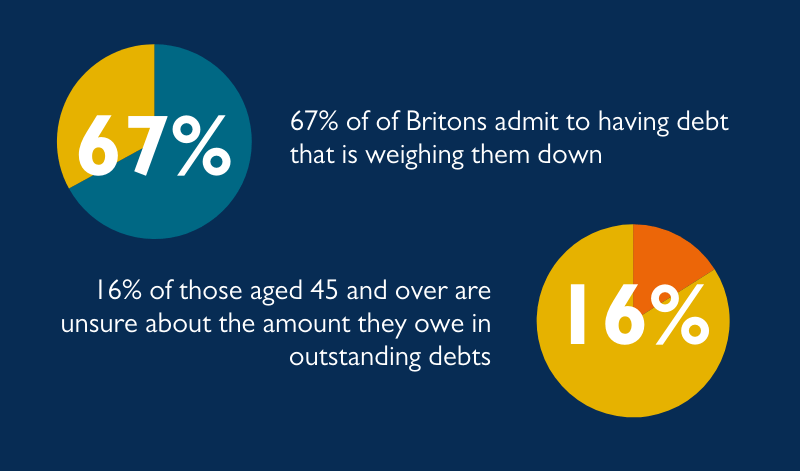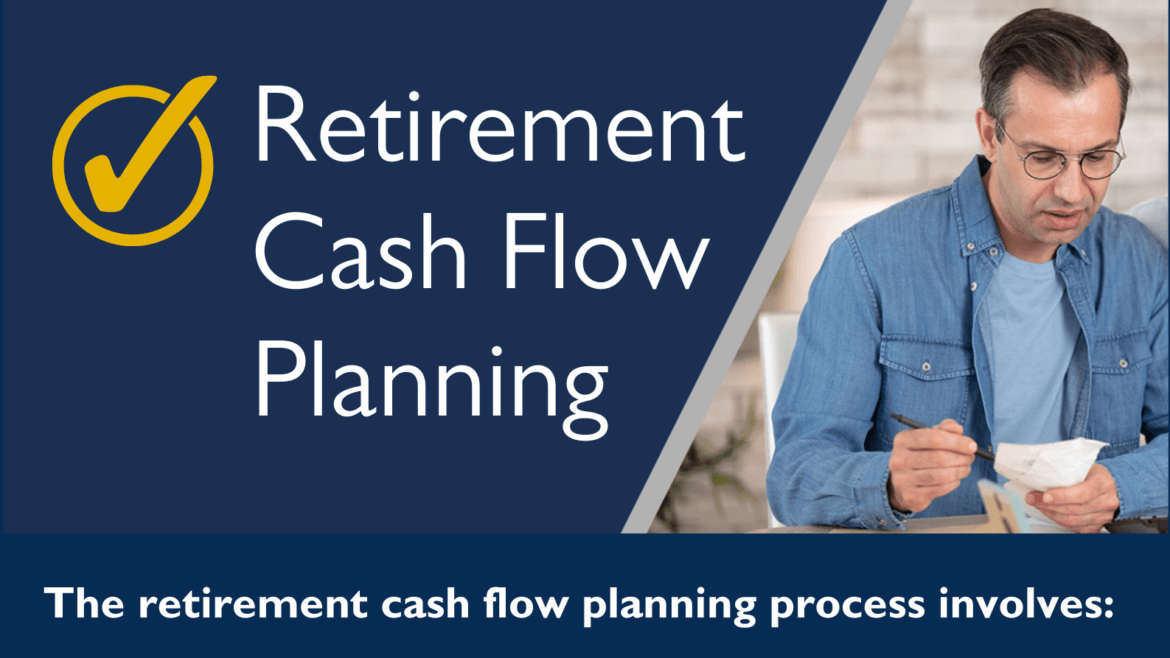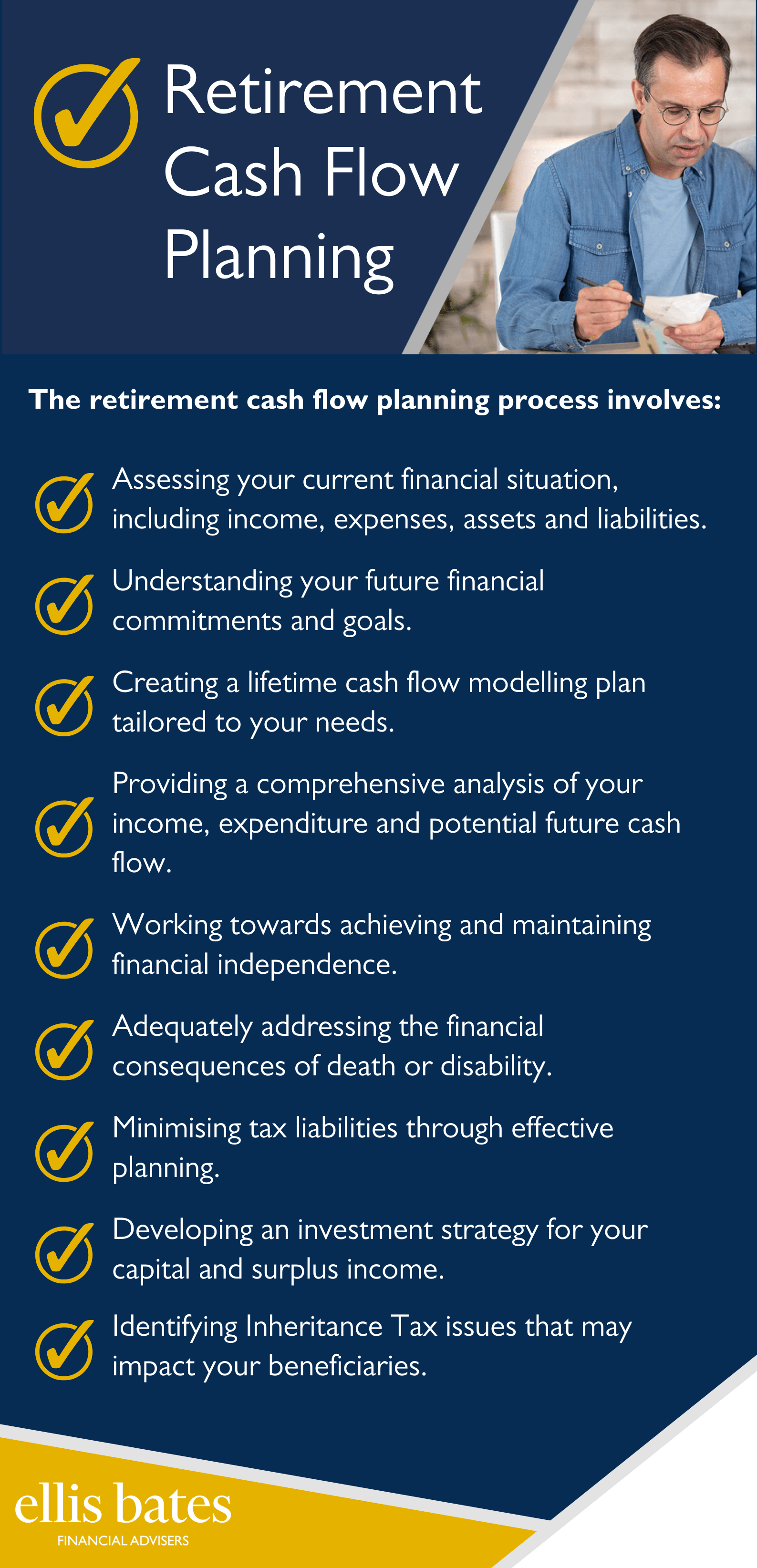Planning for an early retirement
https://www.ellisbates.com/wp-content/uploads/2024/04/shutterstock_1722926815-1024x683.jpg 1024 683 Jess Easby Jess Easby https://secure.gravatar.com/avatar/0e2a278e0eef1defdd7ee9d0ae7bb398?s=96&d=mm&r=g Living life to the fullest and accomplishing long-held dreams.
Living life to the fullest and accomplishing long-held dreams.
It’s common for individuals to either overestimate or underestimate their lifespan. As average life expectancy gets longer, some people may spend over 20 years or more in retirement.
Early retirement typically signifies reaching financial autonomy before the statutory pension age, usually in the mid-60s. In the United Kingdom, retirees can begin drawing their State Pension at age 66. However, this retirement benchmark is set to increase to age 67 by 6 April 2028.
Consequently, the early retirement age could be anywhere in your early 60s. Yet, for most, the concept of early retirement begins at age 55, when individuals can start drawing on their personal or workplace pension savings. However, this age is also due to increase to 57 from 6 April 2028.
Aspects of Life
During the early retirement phase, the focus tends to be on living life to the fullest and accomplishing long-held dreams. One’s spending might then reduce as activity levels decline, only to surge again later, possibly due to rising care needs.
It’s common for individuals to either overestimate their health or underestimate their lifespan. As average life expectancy gets longer, some people may spend over 20 years or more in retirement – over twice our grandparents’ duration. Yet, as with many aspects of life, this depends on luck.
Complex Calculation
In fundamental terms, full retirement implies that your lifetime expenses should not surpass your income plus any remaining assets, such as savings and investments. This can be a complex calculation in many instances. It will require you to weigh your pension and other income sources against your expenditure and evolving needs as you age.
Simultaneously, it’s crucial to consider investment returns and inflation, which refers to the rising cost of living. As we have recently witnessed, everyday prices can escalate rapidly, significantly diminishing the purchasing power of a fixed income or cash savings.
Multiple Factors
Embracing early retirement doesn’t necessarily translate to a full-stop on professional life. Instead, many individuals transition into more flexible, part-time roles or switch towards volunteering. This shift allows retirees to sidestep less appealing aspects of working life, such as long commutes or stressful work environments while reaping employment benefits.
Unfortunately, early retirement due to ill health isn’t a choice but a necessity, creating unique challenges for some. Time constraints limit opportunities to plan and build retirement finances. Additionally, careful planning for care and support becomes a priority. Making the decision to retire early is significant and requires thorough consideration of multiple factors.
To determine whether you can retire early, you will need to assess your financial standing. This means calculating your total pension pots, tracking lost ones and considering other possible income sources or debts. Additionally, you need to envision your ideal early retirement lifestyle and estimate its costs.
Assessing your Financial Health
To begin, you need to calculate your total pension pots. This includes private or workplace pensions and any final salary pensions you might have. If you’re considering early retirement, remember that the State Pension won’t be included in this income.
Reclaiming Lost Pensions
It’s not uncommon to lose track of pensions over time. The government’s free Pension Tracing Service can assist if you suspect a missing pension but lack any supporting information. Visit their gov.uk website or phone them on 0345 600 2537. Consolidating your pensions might also be a sensible strategy.
Understanding your State Pension
Check up on your State Pension to understand how much you’ll receive and when the payments will start. This is crucial for your overall retirement planning.
Identifying Additional Income Sources
Consider other potential income sources after retirement. This could include savings and investments, property ownership, or even starting a part-time job or your own business.
Managing Debts and Loans
Take stock of any outstanding debts or loans. Consolidating them could potentially expedite their clearance. Set a specific date to pay them off entirely.
Estimating Retirement Income
We can help you estimate your retirement income and offer valuable insights into your financial future.
Envisioning Your Retirement Lifestyle
Next, plan your essential retirement spending by mapping out mortgage repayments, utility bills and other necessary expenses. Then, envision your ideal retirement lifestyle. What do you want your life to look like once you’ve retired? How much will it cost?
Factoring in Responsibilities
Consider any responsibilities that might impact your retirement plans. Will your children still be dependent on you? Might you need to care for older parents or relatives? Are there any other responsibilities you should bear in mind?
Deciding Where To Live
Housing decisions are a crucial part of retirement planning. Do you want to stay in the same house, release equity with a lifetime mortgage, move somewhere new, downsize and release some money, or even move to a cheaper region and upscale?
Estimate Retirement Spending
Finally, combine all the above factors to estimate your total retirement spending. There’s a lot to consider here. But as you work through it, you might realise that you’re more prepared to retire early than you initially thought.
If you are considering early retirement and would like professional retirement advice, please get in touch:
"*" indicates required fields


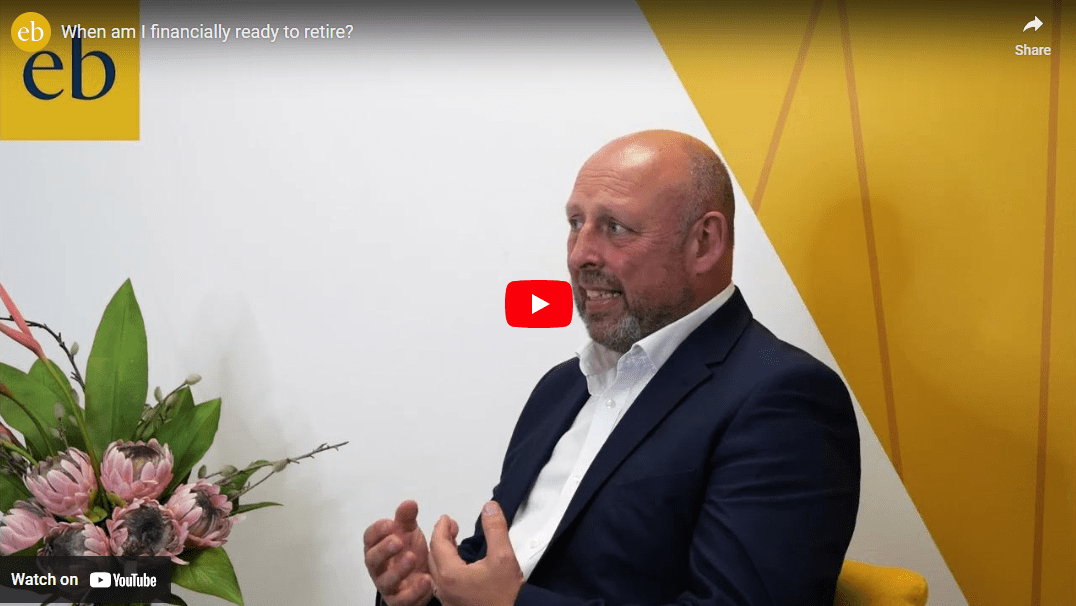

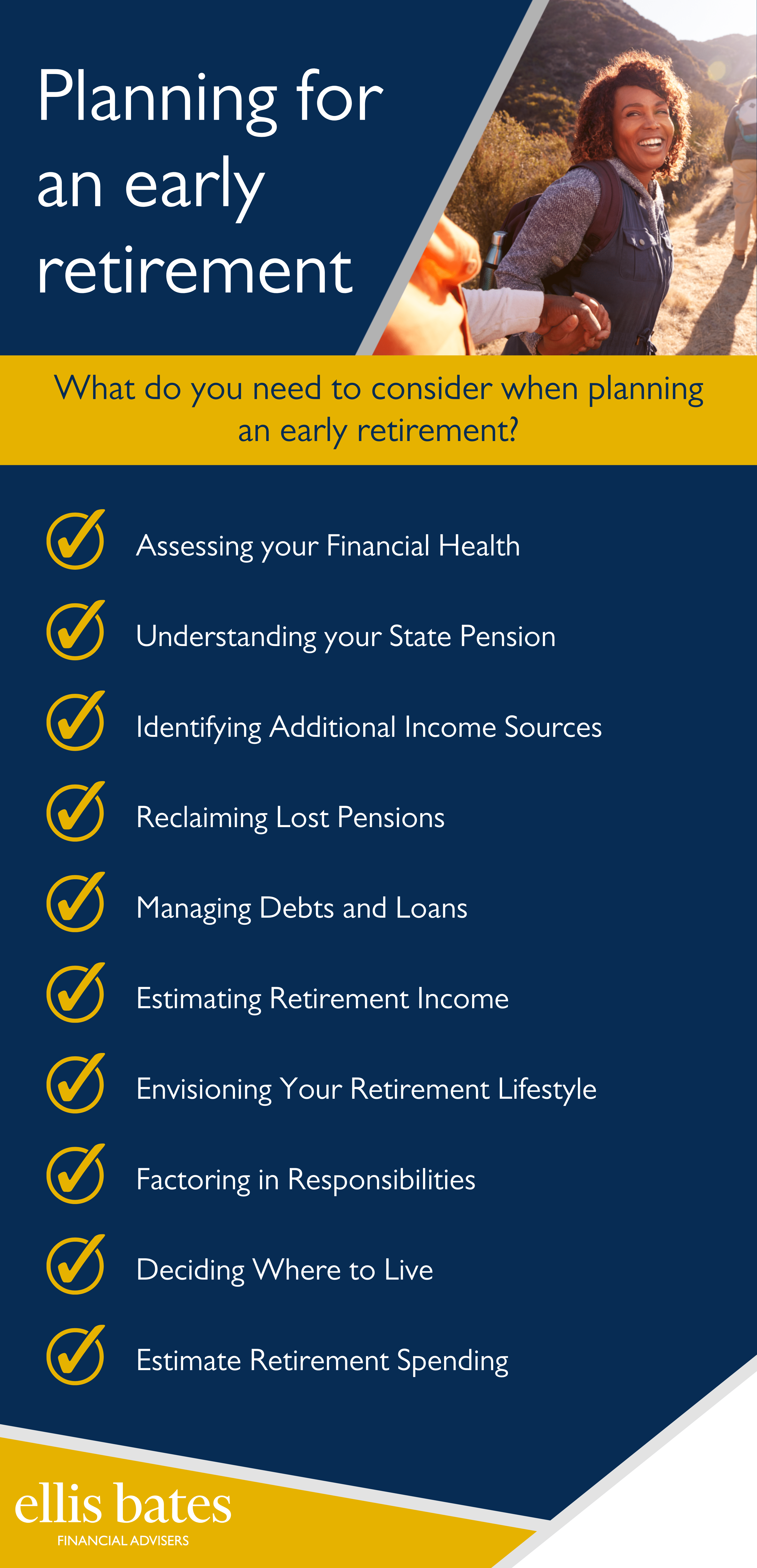
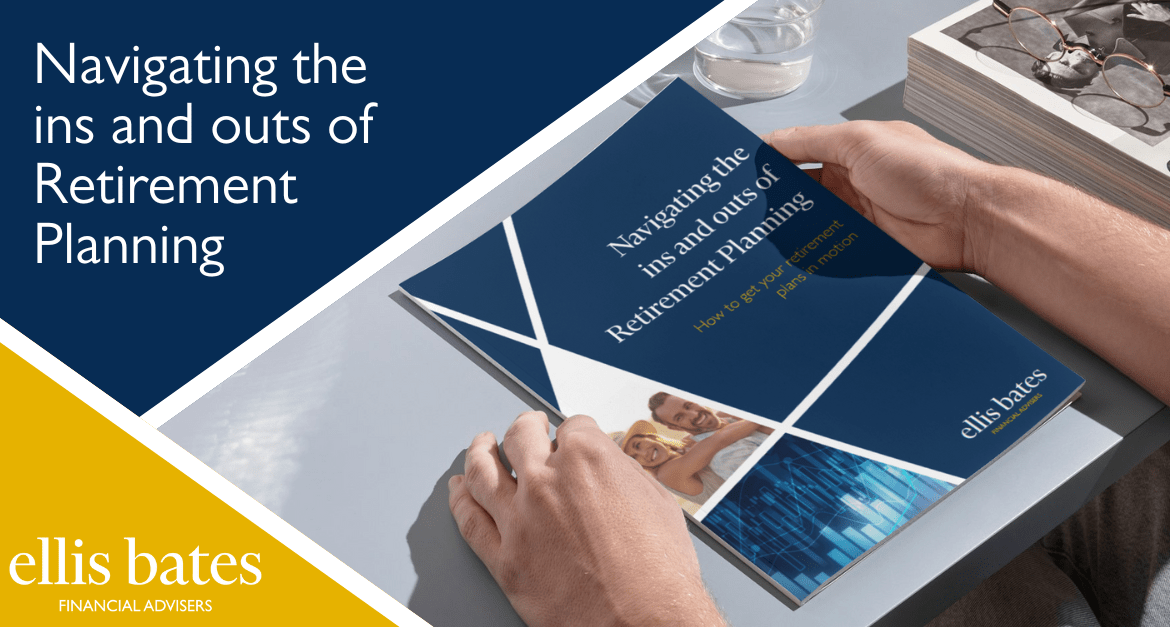
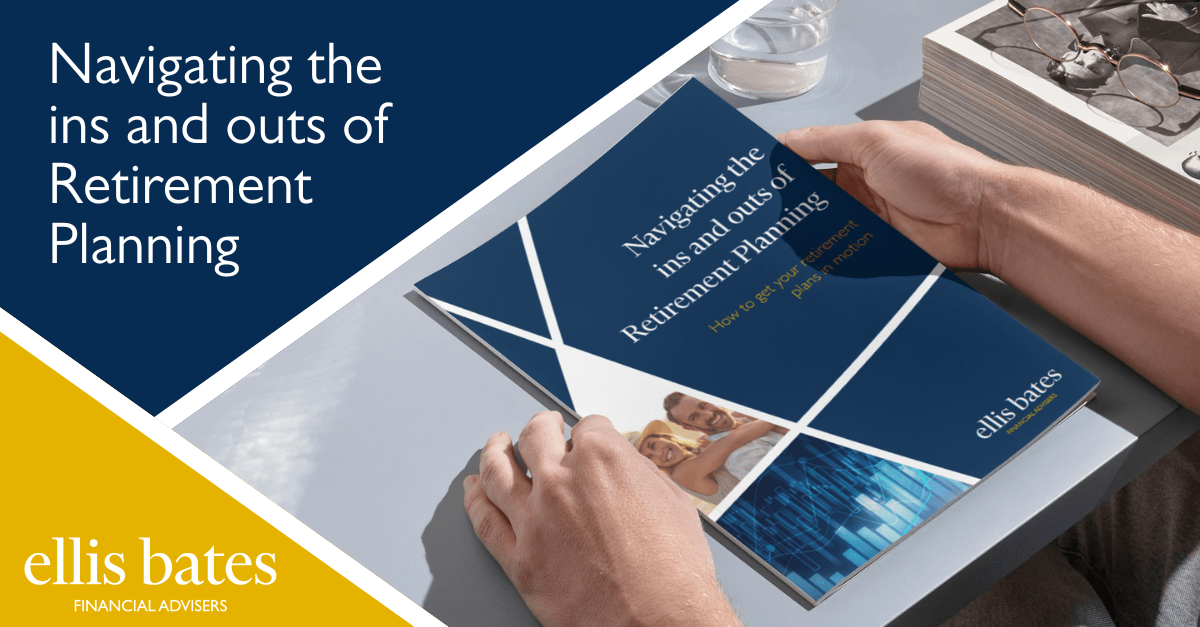


 Time to kickstart your retirement plans?
Time to kickstart your retirement plans?
 More than one in ten have mortgage debt in the final decade before they retire
More than one in ten have mortgage debt in the final decade before they retire